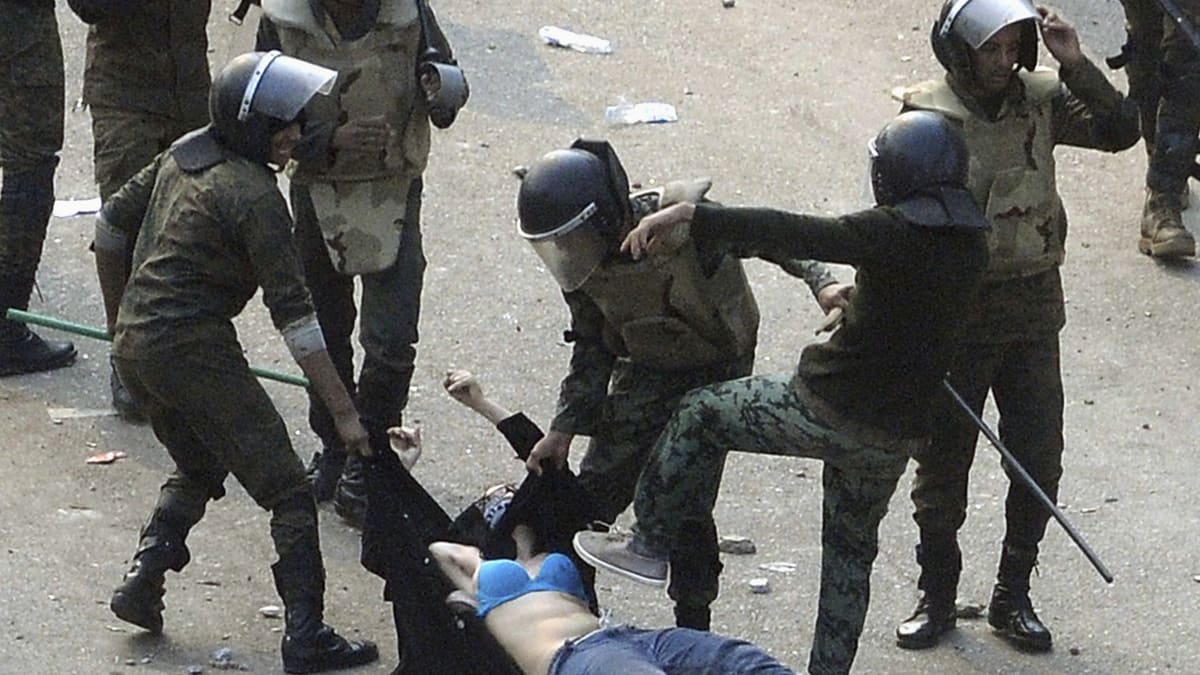Riley et al. has a section in the book “Feminism and War” about Gendered bodies and US wars. Within this section, Riley mentions how in the US, only one story about war is told about war and it doesn't even begin to give the full picture of what the war actually is.
In the writing, Riley explains that ideas of the foreign women as evil prevail in the US. Meanwhile, individual American women and their beliefs are portrayed as the collective opinion of all American women. The authors mention how female Iraqi researchers are portrayed as evil and dangerous, without any evidence. This made me realize that even though there was no evidence of these women producing weapons, most Americans view all Iraqi women as evil. This is because Iraqi women are rarely represented in our media as anything else.
Another point this reading made was that these foreign women are almost always portrayed in US media as victims to terrorist organizations from their countries without taking into account the fact that they are also, on a much larger scale, victims of the US war. This made me realize that by always emphasizing that America "will save" these poor, abused women, our media distracts us from the fact that by waging war in their home, America itself is abusing those "victims".
This part of the reading reminded me of the myth of a model minority. This myth portrays all Asians as successful, smart, and essentially, the "ideal" immigrants.This stereotype is completely invalidated when actual data is taken into account, as shown in this article: https://www.huffingtonpost.com/entry/cap-asian-americans-wealth-gap_us_586bd460e4b0d9a5945c91a7 By glorifying the lives of Asian-Americans, this stereotype fails to account for the struggles and experiences of Asians as a minority and creates unrealistic and problematic expectations for all other minorities as well. This popular stereotype is similar to US propaganda of Iraqi and Afghani women as evil, or helpless victims to extremist organizations from their own countries without taking into account the fact that these women are also victims of the US.
I would like to discuss the role American media plays in adding to global feminist issues.



